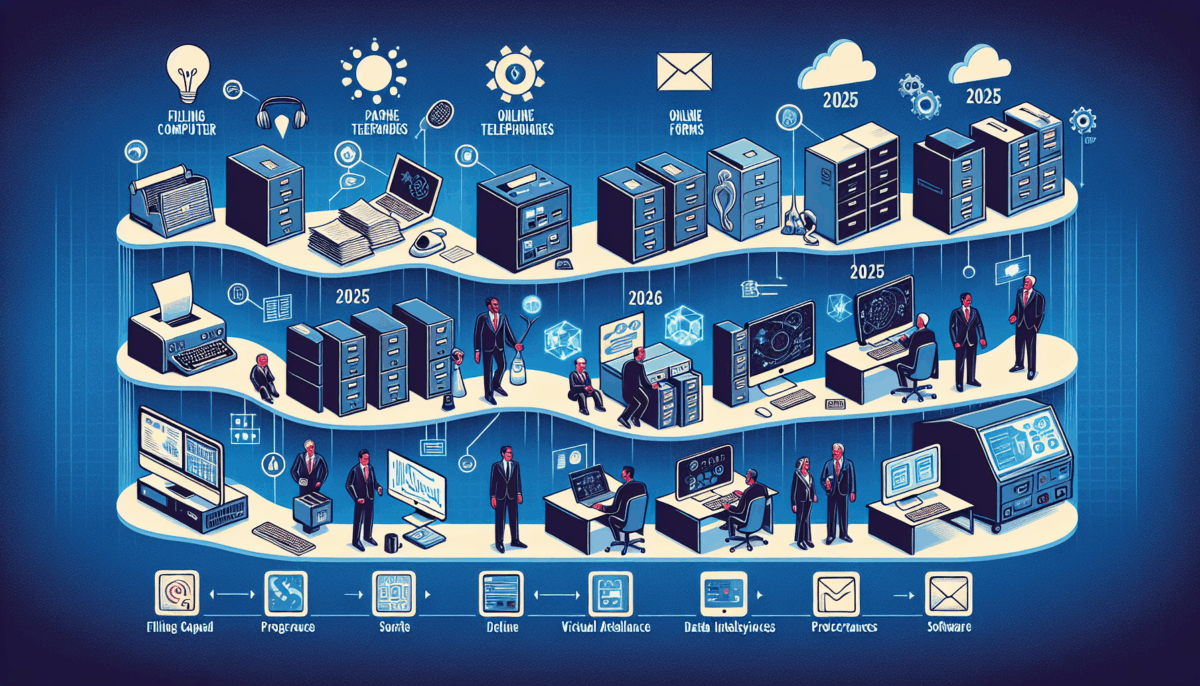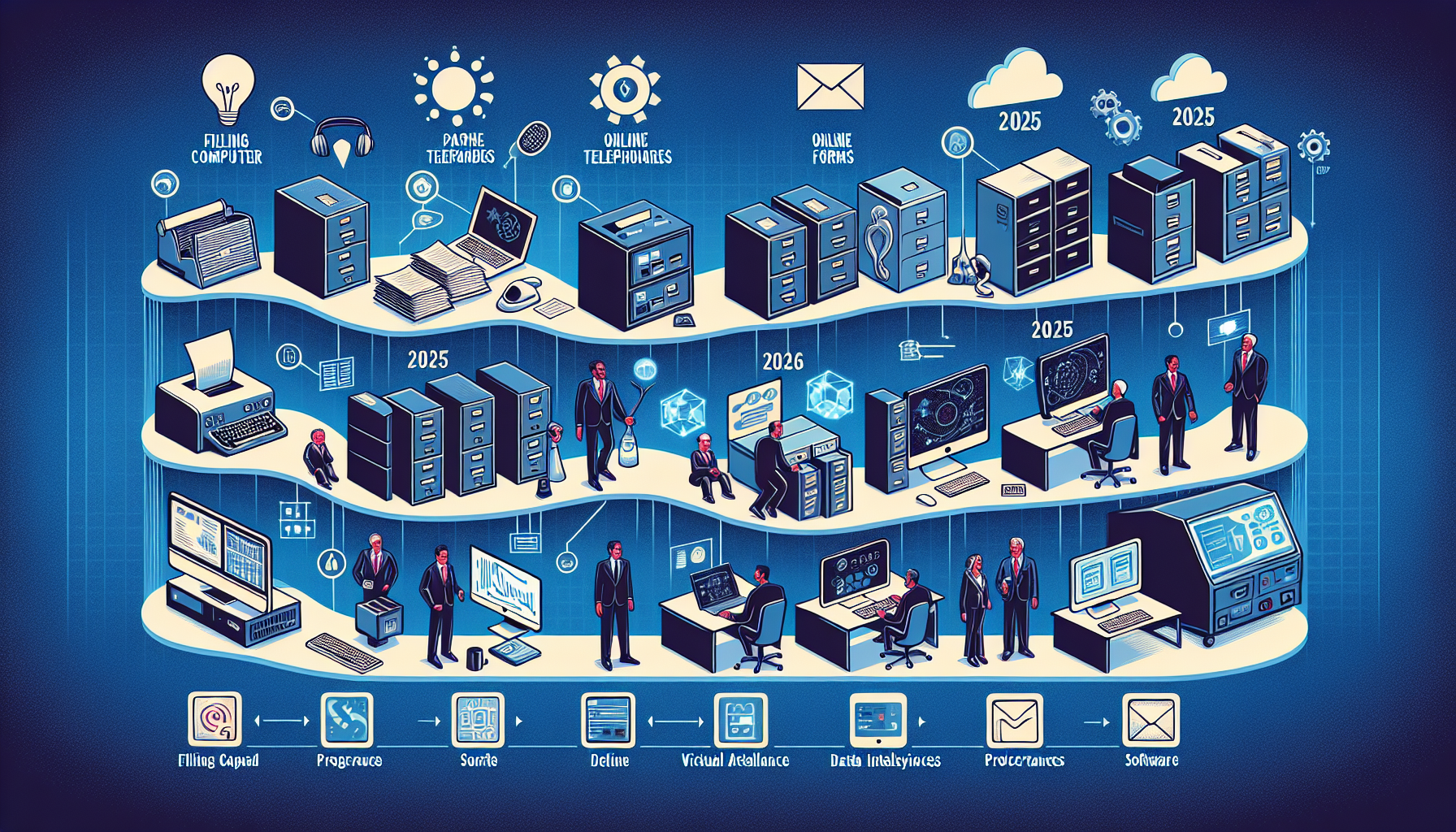The Evolution of HR Technology: Perspectives for 2025
We independently review everything we recommend. When you buy through our links, we may earn a commission which is paid directly to our Australia-based writers, editors, and support staff. Thank you for your support!

The Evolving Realm of HR Technology

Brief Overview
- AI is transforming HR operations, optimizing recruitment, training, and development.
- HR technology has progressed from supporting managers to empowering staff members.
- Generative AI is customizing recruitment processes and speeding up procedures.
- Technology aids in recognizing skill deficiencies and suggesting educational paths.
- AI boosts employee involvement, contentment, and retention rates.
- HR executives must align technological possibilities with leadership that prioritizes human factors.
The Influence of AI on HR Advancement
Artificial intelligence is reshaping every aspect of the workplace, with HR leaders feeling its effects acutely. As guardians of their organisation’s human resources, HR professionals are now at the forefront of AI integration, making choices that will reshape workplace organization, collaboration between humans and machines, and the skill sets essential for success in the future.
Transitioning from Data to Employee Empowerment
Job titles now frequently refer to “people and culture,” yet the core function of HR leadership remains unchanged: guaranteeing that the organisation attracts top talent while providing every individual with an environment conducive to optimal performance. The advent of AI builds upon decades of technological advancements. Since the 1990s, multiple waves of digital innovations have transformed HR practices, shifting the emphasis from providing HR leaders with data and control to empowering employees and refining their experiences.
Transforming Recruitment
Currently, the influence of technology permeates the entire HR lifecycle, beginning with recruitment. Machine learning has long played a role in screening and selecting candidates. However, generative AI now introduces new avenues for automation, personalization, and acceleration in this process.
Improving Learning and Development
Technology not only disseminates content but also pinpoints emerging skills shortages and advises on customized learning routes, ensuring employees are well-equipped for what lies ahead.
Insights on Engagement and Culture
Systems powered by technology assist managers in grasping the employee experience by identifying engagement and cultural challenges and recommending timely measures to enhance satisfaction and retention.
Hybrid Work and Human-Focused Leadership
In an environment of hybrid work, technology facilitates communication, collaboration, and connection. HR leaders face the task of leveraging the capabilities of technology while preserving the human aspect central to their roles.
Key Figures in HR Transformation
Discover the HR leaders utilizing digital innovations to reshape their departments, including:
- Amy Johnsson, senior manager for people and culture business partnering, Swisse Wellness
- Chelsea Mannix, chief people officer, Funlab
- Sarah Macdonald, group people and culture manager, Hardie Grant Media
- Karli Newell, people and culture advisor, Macro Mike
- Yvette McDonald, chief people and customer officer, Anglicare
- Ed Milne, people and culture manager, Air-Met Scientific
- Neal Woolrich, director, Gartner’s Business and Technology Insights Group
- Sharon Hutchinson, human resources manager, Shwartz Media
- Aaron McEwan, vice president of advisory, Gartner HR practice
- Jasleen Kaur, senior principal, Gartner HR practice
Conclusion
The outlook for HR technology is bright, with AI playing a crucial role in reshaping recruitment, learning, and employee involvement. HR leaders need to skillfully combine technological innovations with human-centered approaches to effectively guide their organizations into 2025 and the years that follow.
